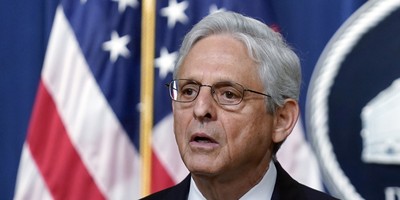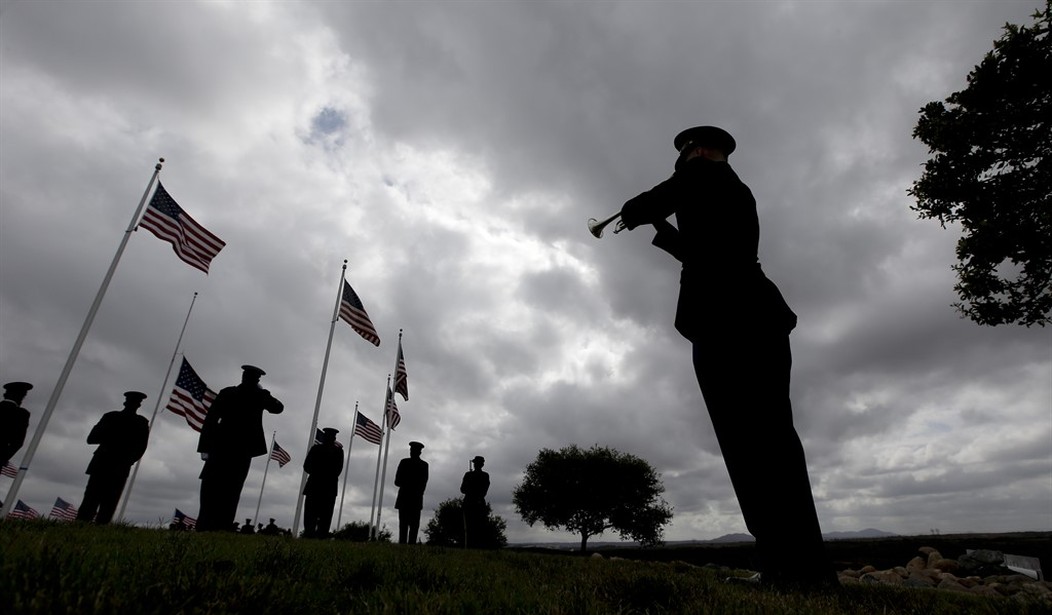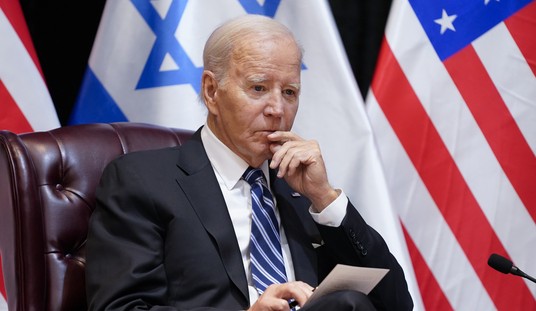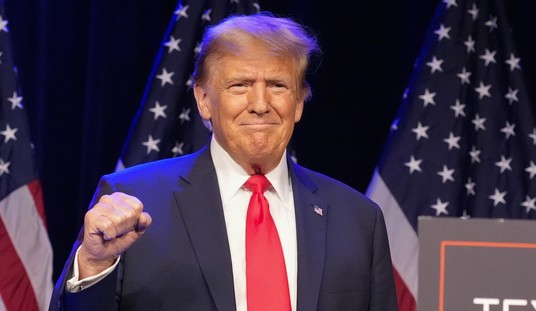Right now, war is raging in Israel and Ukraine. Seeing the horrible images of war gives Americans an important perspective and appreciation for all the Americans who fought and put their lives on the line for our nation in the wars and conflicts of the past. As we honor the more than 40 million individuals who have served our country in uniform this Veterans Day, it is a great time to thank a veteran while being grateful that American troops are largely out of harm’s way today.
This week, the divisive debate continues over further funding to help Ukraine defeat Russia and whether an Israel aid package should be offset with cuts to the hiring of new Internal Revenue Service (IRS) agents. Republicans and Democrats will battle in the House and Senate on these two separate packages of aid. Not only is bipartisanship in short supply on issues relating to military action abroad these days, but there is a split within the Democratic Party over the proper stance towards Israel’s counteroffensive and internal Republican divisions on a Ukraine aid package.
Fortunately, there is one thing that unifies members of both parties: our veterans. And there is a subset of veterans that helps tell the story of all who have served: those who have received the National Medal of Honor, our nation’s highest award for valor in combat. At a time of so much conflict and division, the values represented by the Medal of Honor and its recipients – courage and sacrifice, commitment and integrity, citizenship, and patriotism – serve as a reminder of all we still have in common, and of the need to follow in the footsteps of the generations before us.
Proof of the ability of the Medal of Honor – of Americans veterans – to bring our country together was on prime display back in 2021 when Congress voted unanimously to authorize the creation of a new National Medal of Honor Monument in Washington, D.C.
Recommended
And right now, that bipartisanship is once again on display as Congress considers a second related bill that would locate this new Monument on the National Mall near the Lincoln Memorial – an appropriate placement as our 16th president created and awarded the first Medals of Honor over a century and a half ago.
Just this week, the U.S. House expected to approve this location for the Monument, and the Senate is likely to consider it very soon.
But the power of the Medal of Honor to inspire unity isn’t just limited to Congress or Washington, DC. Over in Texas, construction continues on a new Museum dedicated to preserving the stories of Medal of Honor recipients and sharing the values embodied by the medal with the next generation of great Americans. The new National Medal of Honor Museum, which will open to the public in early 2025, is being made possible by the support of people from all backgrounds, political parties, geographies and walks of life – with donors hailing from all 50 states and multiple other countries. And within the Museum, a new leadership institute has been established to cultivate leaders guided by the values of the Medal of Honor – our shared human values – as they work to make positive change in communities across our country.
Named in recognition of the support and generosity of business leader and philanthropist Kenneth C. Griffin – whose $30 million donation was announced earlier this week ahead of Veterans Day – the National Medal of Honor Griffin Institute is yet another example of how we can still find moments of unity at a time of such conflict and division at home and abroad. And it will be a critical place for Americans to come together in a collective effort to preserve our great experiment in democracy.
On this Veterans Day, we also are well served to be reminded of the real people behind the uniform, behind the Medals. People like Medal of Honor recipient Sr. Chief Special Warfare Operator Britt Slabinski, who, in March of 2002 “led a reconnaissance team to its assigned area atop a 10,000-foot snow-covered mountain” in a helicopter that was shot down in Afghanistan. During an ensuing firefight “Slabinski repeatedly exposed himself to deadly fire to personally engage the second enemy bunker.” Sablinski and his injured team hiked to a safer spot then defended themselves for 14 hours before being extracted.
I’m sure Britt Slabinski – and all his fellow recipients – would agree that the values of the Medal are a reminder of the responsibility to serve one another and the greater good. It’s a lesson as valuable today for our elected leaders in Washington as it is for Americans. A sense of duty isn’t just for those who wear a uniform. That’s the greatest tribute we could give to those who have sacrificed so much for our freedoms.
Brian Darling is former Counsel and Sr. Communications Director for Sen. Rand Paul (R-KY).
























Join the conversation as a VIP Member